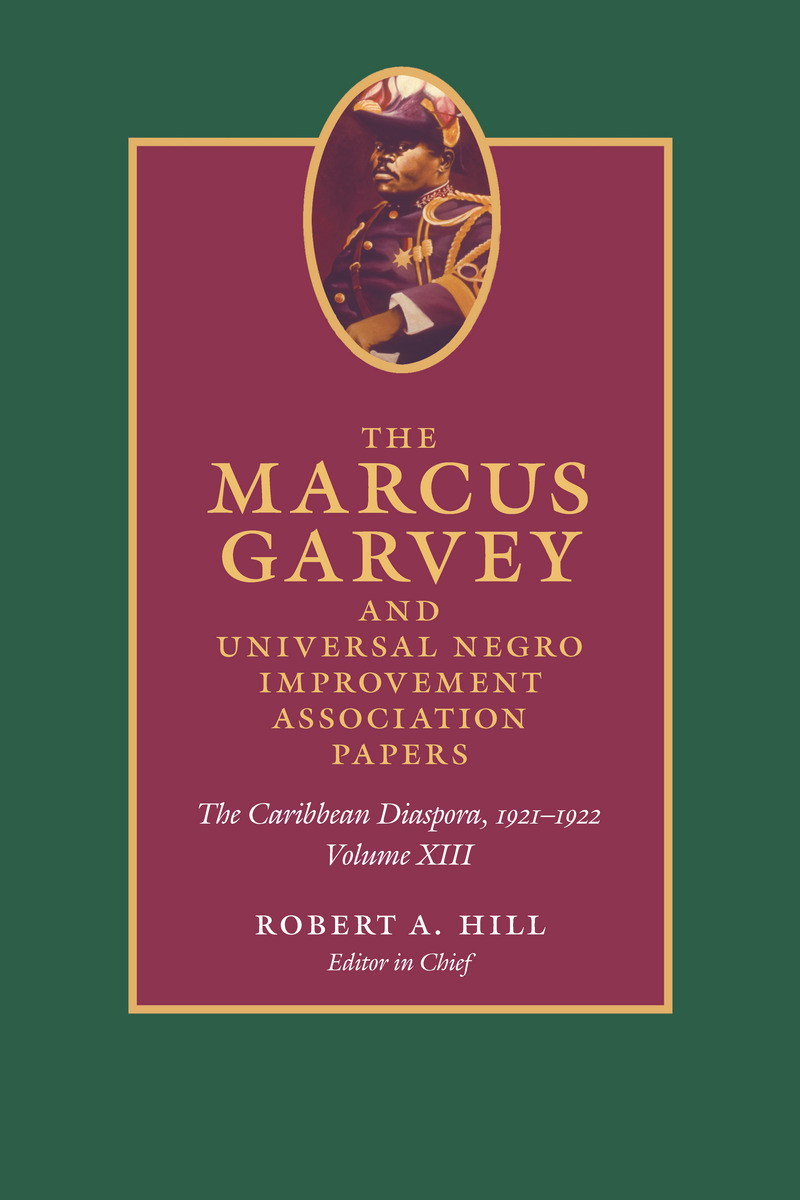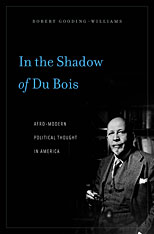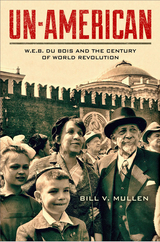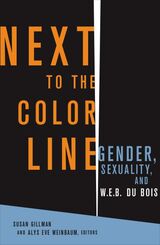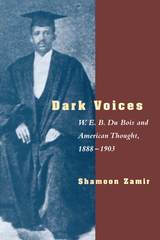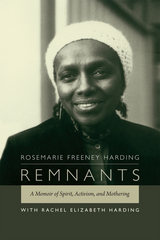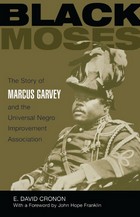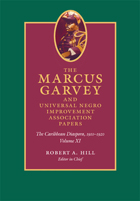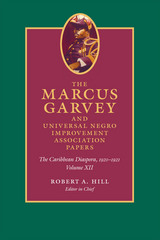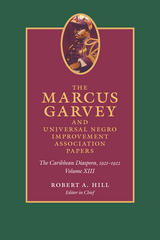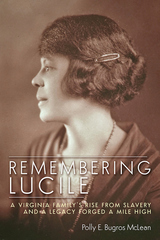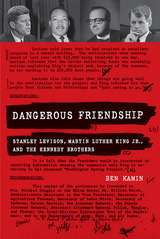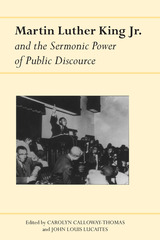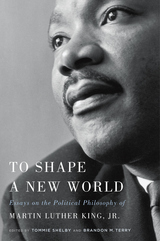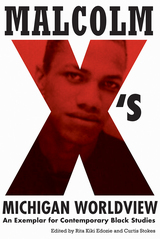The Marcus Garvey and Universal Negro Improvement Association Papers, Volume XIII: The Caribbean Diaspora, 1921-1922, Volume 13
Duke University Press, 2016
Cloth: 978-0-8223-6116-9 | eISBN: 978-0-8223-7428-2
Library of Congress Classification E185.97.G3M36 2016
See other books on: 1887-1940 | African diaspora | Archives | Blacks | Caribbean Area
See other titles from Duke University Press
Cloth: 978-0-8223-6116-9 | eISBN: 978-0-8223-7428-2
Library of Congress Classification E185.97.G3M36 2016
ABOUT THIS BOOK | AUTHOR BIOGRAPHY | REVIEWS | TOC | REQUEST ACCESSIBLE FILE
ABOUT THIS BOOK
Volume XIII of The Marcus Garvey and Universal Negro Improvement Association Papers covers the twelve months between the UNIA's second international convention in New York in August 1921 and the third convention in August 1922. It was a particularly tumultuous time for Garvey and the UNIA: Garvey’s relationship with the UNIA's top leadership began to fracture, the U.S. federal government charged Garvey with mail fraud, and his Black Star Line operation suffered massive financial losses. This period also witnessed a marked shift in Garvey's rhetoric and stance, as he retreated from his previously radical anticolonial positions, sought to court European governments as well as the leadership of the Ku Klux Klan, and moved against his political rivals.
Despite these difficult and uncertain times, Garveyism expanded its reach throughout the Caribbean archipelago, which, as Volume XIII confirms, became the UNIA's de facto home in the early 1920s. The volume's numerous reports from the UNIA's Caribbean divisions and chapters describe what it was like for UNIA activists living and working under extremely repressive circumstances. The volume's major highlight covers the U.S. military's crackdown on the UNIA in the Dominican Republic, as documented in the correspondence between John Sydney de Bourg—whom Garvey had dispatched to monitor the situation—and U.S. and British government officials.
In addition to UNIA divisional reports and de Bourg's extensive correspondence, Volume XIII contains a wealth of newspaper articles, political tracts, official documents, and other sources that outline the complex responses to Garveyism throughout the United States, the Caribbean, and Europe, all the while documenting this watershed moment for Garvey and the UNIA.
See other books on: 1887-1940 | African diaspora | Archives | Blacks | Caribbean Area
See other titles from Duke University Press
